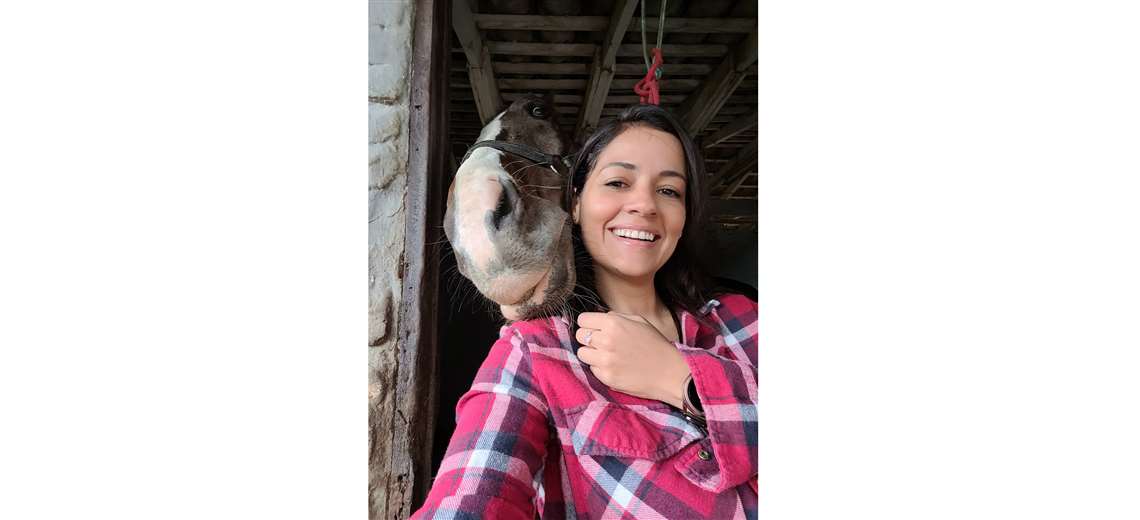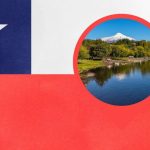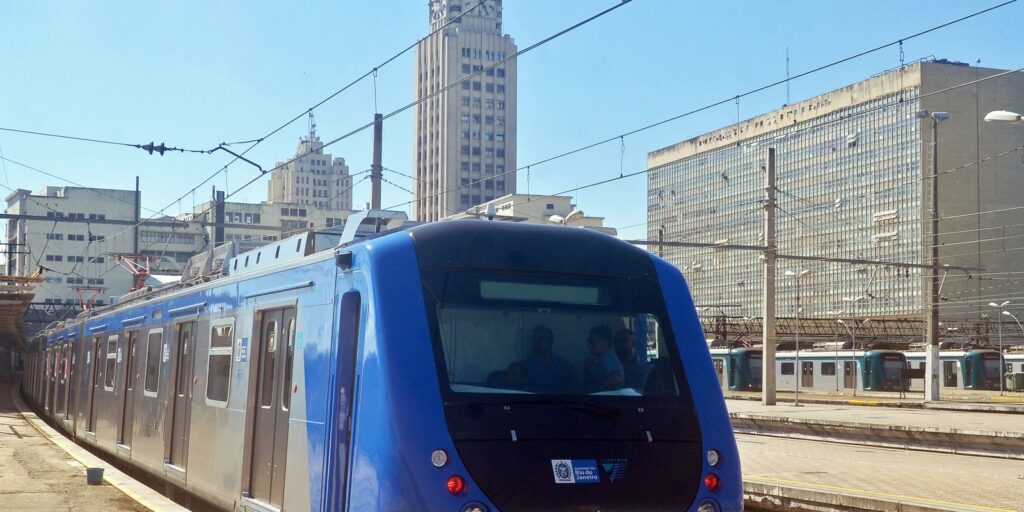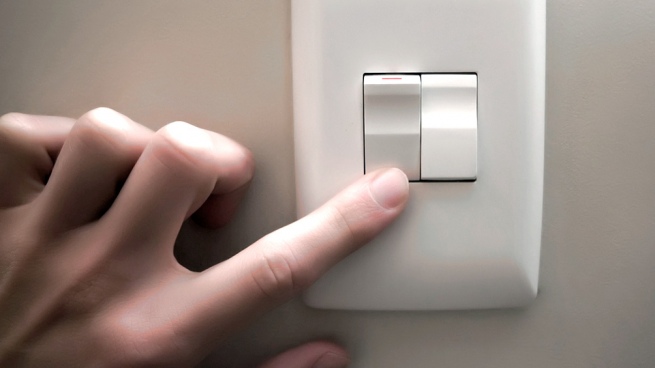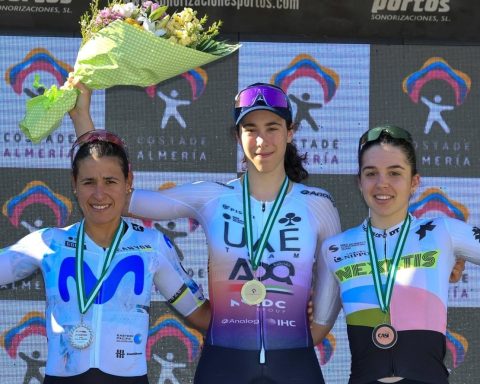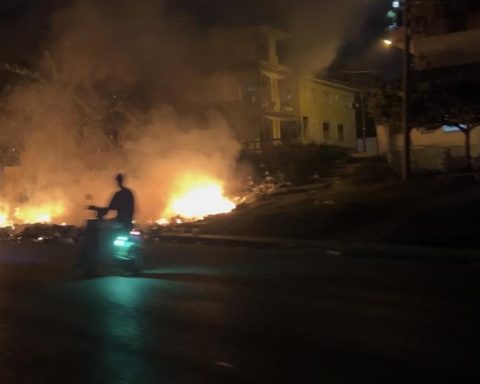Openly declared a lover of horses, according to her words when referring to these animals and what can be seen on her official Facebook profile: Luciana J. Equine Veterinary, with more than 10,000 followers, where she educates and provides information about equines.
Luciana Justiniano Santos Navarro was born in São Paulo, Brazil, on November 23, 1984. She is a veterinarian and zootechnician with a specialty in Equine Clinic and Surgery, and a master’s degree in Equine Physiotherapy.
She is the only daughter of José Roberto Santos Navarro (Brazilian) and Estela Justiniano (Bolivian), lives in Santa Cruz and lives under the motto of the political and spiritual leader Mahatma Ghandi: “Be the change you want to see in the world.” She is a staunch activist against blood traction and the labor exploitation of animals in urban contexts.
What are your qualifications as a veterinarian?
The persistence. I don’t get tired, nor do I give up until I solve the problems. Empathy is important in this profession, I try to feel what my patients feel, that makes me have a direct communication with them, I almost understand their language, even if it is different from ours.
What are you most passionate about in your profession?
The capacity that I have developed with my studies is what makes it possible for me to even change the lives of my patients, it is almost 10 years of training, between university, specialty and master’s degrees, and more than 15 years of experience with my animals.
What are the biggest challenges you have faced?
The biggest challenge is the lack of resources. We are the only country in Latin America that does not have a hospital specialized in horses, and it is not only because of the infrastructure, but also specialists in different areas, laboratory tests and diagnostic equipment. That is the most difficult part to dedicate yourself to this area of equine medicine in the country.
Since when do you dedicate your knowledge to animal welfare and the correct treatment of horses?
I made the decision to dedicate myself to horses, when I was in the third year of university, I have been fighting for their well-being for almost 17 years and for them to live in freedom. I have dedicated myself to getting to know them better and learning from them, I specialize more and more, I make updates, I go to symposiums and courses, like any branch of medicine, learning never ends. I always say that the more studies I have, the less I know.
What is the most important thing we should all know about horses?
We must know that the horse is a sensitive animal and has a very good memory. His greatest virtue and his great defect is the same, nobility, that is why the human being abuses him, despite his size, weight and strength, which he does not know he has.
My first horse rescue was ten years ago and since then I have been fighting for its welfare. I visualized the problems that there were in the city with the coachbuilder horses and how they suffered in the abandonment
What is your position as an activist to stop animal abuse?
I am against any type of mistreatment, both to animals and to human beings, I believe that our laws are very light, but mainly, more than punishment, there is the issue of education, we must encourage schools, families, to the media, to talk about animal welfare, to create a new generation, different from ours.
Those who cause mistreatment must be severely punished. Thanks to social networks I have been able to educate so many people that a horse suffers living on the asphalt and in the middle of vehicular traffic. The veterinarian’s job is also education and animal welfare.
With the approval of Law 1314, which prohibits the use of horse-drawn carriages, has the damage been stopped?
With the approval of this law, two years ago, there has been a social repercussion, society has realized that there is a problem and there is more control, the people who contract the service of these animals are judged, and they are avoiding it, even there the law works.
On the other hand, those who have to take charge and enforce it, which are the authorities and the Police, do not do it, there are no efficient numbers to file complaints. There are red zones where there is this type of mistreatment, the use of floats pulled by horses abounds in Plan 3000, Villa Primero de Mayo and the Virgin of Luján. This is where work should be done, the change should have already been made for the motorcycles, but nothing has been done.
As an activist against blood traction, what do you recommend?
In addition to pressuring the municipality to do its job, we must also question our behavior. The main thing is not to contract the services of these animals, because this also leads to micro-waste dumps in the city, which harm public health.
It must be denounced, sending images, because if nobody complains, the municipal employees will not do their job. Social networks are useful to educate, denounce and stop abuse.
Undoubtedly, the person who is violent with animals is violent with human beings, the fact that he is an animal abuser is an act of cowardice and psychopathy.
Do you participate in animal support movements in the country?
Here in Bolivia I am one of the founders of the Friends of Abandoned Animals (AMA). Internationally, I am part of the animal welfare members of the Ibero-American Federation of Equine Veterinary Associations, (FIAVE). I am in constant meetings with representatives of different Latin American countries on the issue of welfare and blood-drawn animals, I receive collaboration from European foundations that are dedicated to equine aid and rescue.
Do you have a farm or shelter to care for rescued horses?
Neither fifth, nor shelter, that’s why since the pandemic began I no longer do rescues. There is no suitable place where I can take my animals, nor staff who can help me with their care. I have asked for help from the mounted police, the Government, the municipality and different places, but they do not provide adequate attention. I have decided not to rescue again as long as there are no conditions to do it the right way.
